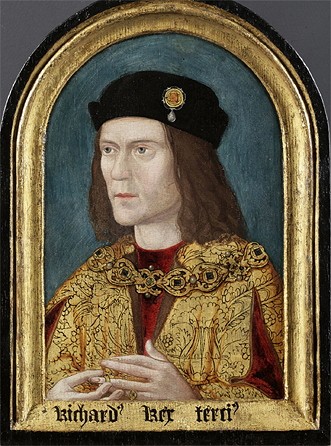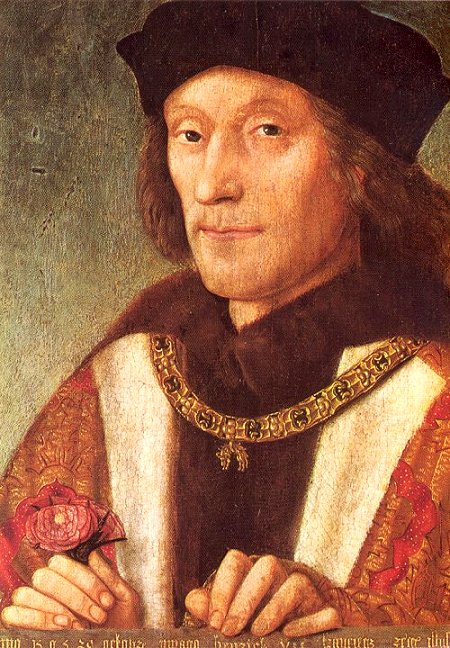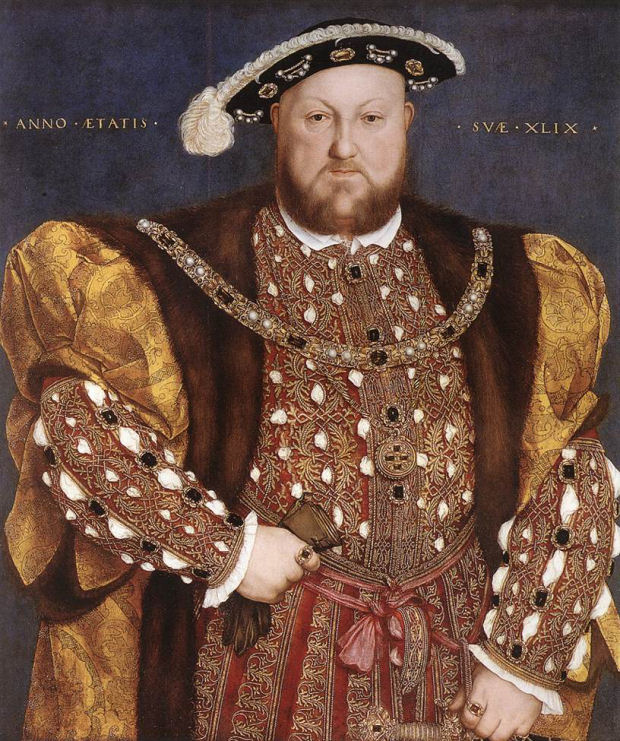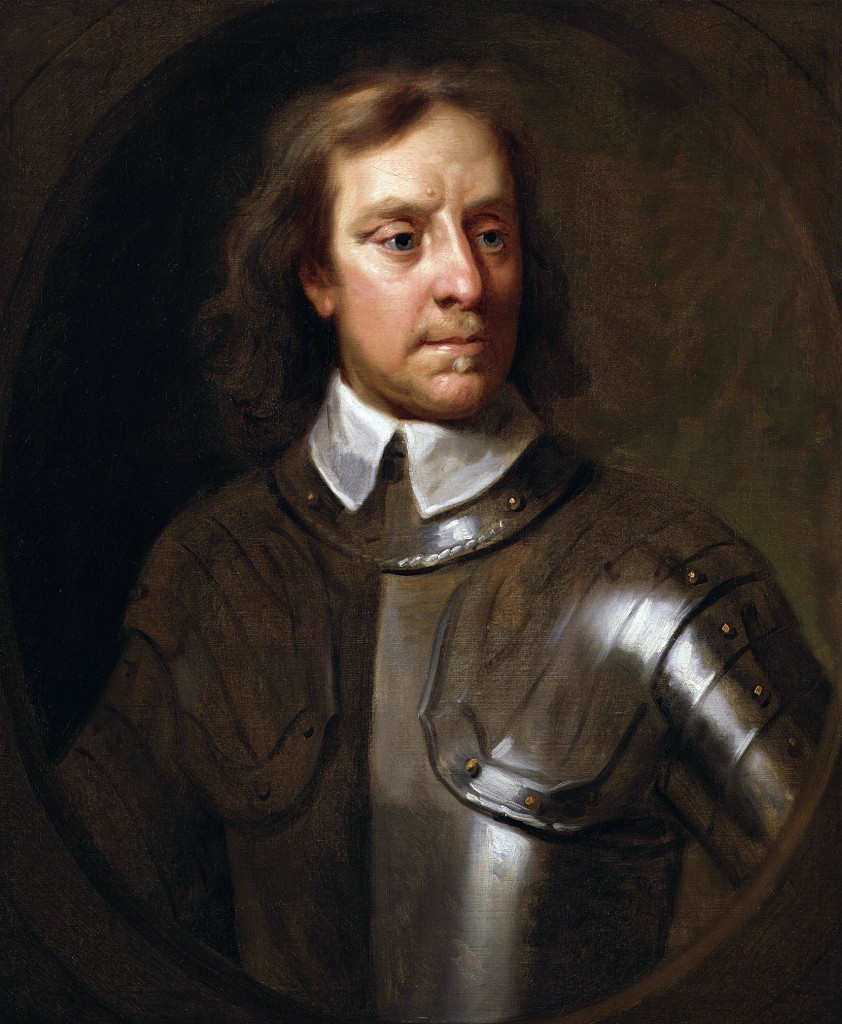Richard III’s death, because it paved the way for Henry VIII, was a pivotal moment in British and world history *UPDATED*
My sister and I got to talking yesterday about Richard III. He was, she said, a decent king during his two years and his administration was terribly maligned by subsequent Tudor historians and, especially, Shakespeare. She’s right. Contemporaneous records show that he was a good leader up in his home base, the north of England, and that he was an effective, pragmatic king. In addition, he almost certainly committed regicide against the two princes in the Tower. The only reason this mattered was because it gave Henry VII the opening to be righteous in his bid for the throne.
Looked at objectively, Richard III and Henry VII were two peas in a pod: both were able administrators, both had a tenuous claim to the British throne, and both were willing to kill to get that throne. It’s likely that, had Richard III retained his throne, England during his reign would have looked remarkably similar to England during Henry VII’s reign.
It’s equally likely that Richard III, even if he’d handed the throne to a son, would not have had a son like Henry VIII. For all his faults (and they were many, considering that he had sociopathic or even psychopathic tendencies), Henry VIII was arguably the most important monarch to sit on England’s throne. It was his overwhelmingly personality — his inability to beget sons; his overwhelming ego; and his mad passion for Anne Boleyn, who promised him a male heir — that saw him remove Britain from Rome’s orbit at a pivotal time in both British and European history.
Some argue that Henry would have left Rome in any event, since Spain and France were his enemies and leaving Rome strengthened his alliance with Protestant lowland Europe. This overlooks the fact that Henry’s break with Spain also came about because of his inability to have sons, his ego, and his passion. During the good years with Katherine of Aragon, Catholic Spain was an ally, and helped Catholic England in the balance of power against Catholic France.
It was only after Henry abandoned Rome (and he did so administratively, not doctrinally) that the shift in the balance of powers that we associate with Henry’s, and the Elizabeth’s, reign came about. By then, of course, religious wars were starting to rip Europe apart anyway. And indeed, one can wonder whether, if Henry (or an imaginary son of Richard III) had stayed with Rome, the Protestant schism would have been as powerful as it was, or if it would simply have exhausted itself in small, German and lowland municipalities. (In France, of course, the Catholic monarchs quashed Protestantism with brutality creating a Huguenot diaspora.)
Henry’s decision to break with Rome set the stage, a little over a century later, for the English Civil War. That War opened the door to Cromwell, who allowed the Jews to return to England, which arguably helped jump start England’s phenomenal mercantile rise. From that came a British colossus that, for almost two centuries, controlled vast swaths of the world — North America, the Indian subcontinent, parts of Africa, the Caribbean, etc. Significantly, and without exceptions, Niall Ferguson demonstrates convincingly that every former British colony went on to become prosperous, whether that prosperity is measured on a worldwide scale (as is the case with America) or on a smaller, geographic neighborhood scale (comparing Kenya to the Congo, for example).
Short of dropping into a science fiction show that allows us to see alternate realities, we can only assume how history would have progressed if certain events hadn’t happened. England might still have hewed Protestant without Henry’s decision to break away. Had that happened, though, it might well have been a more gradual, organic transition that didn’t result in a Civil War. Under the same line of reasoning, England, once Protestant might have invited the Jews back, although perhaps not at such a pivotal time, one that coincided with the geographic expansion of European power. And even without the Jews, Britain might have become an imperial giant.
All we do know is that things played out as they did. And to the extent one believes that it was a good thing for the world that Britain, which was historically a more freedom-oriented country than its contemporaneous peers, then one must also believe that Richard III’s death, by paving the way for Henry VIII, was more important than his life.
UPDATE: Andrew Roberts has more on the fact that Richard III was an effective, indeed good, monarch, while Henry VII had the sweaty sheen of a liar and opportunist. Be that as it may — whether Richard was a murderer or a victim — the fact remains that his death paved the way for Henry VIII, and all the consequential changes that flowed from his passions. (Additionally, one cannot avoid the fact that, while Henry VII is as likely a murderer of the princes as was Richard III, they did vanish on Richard’s watch….





